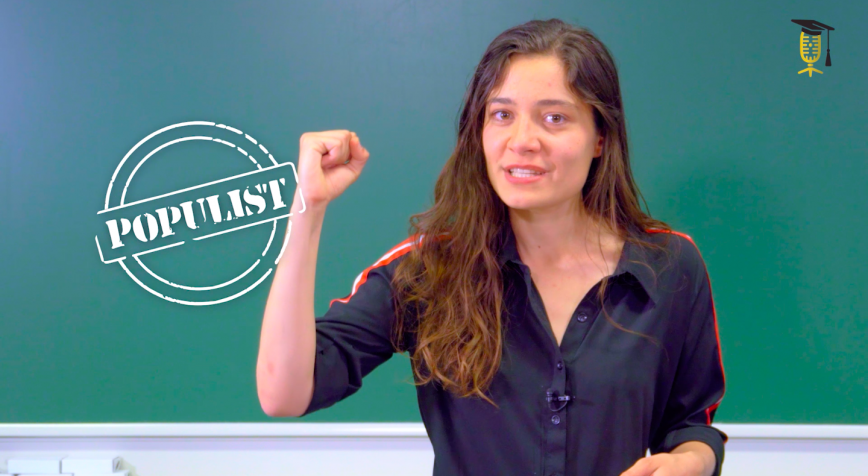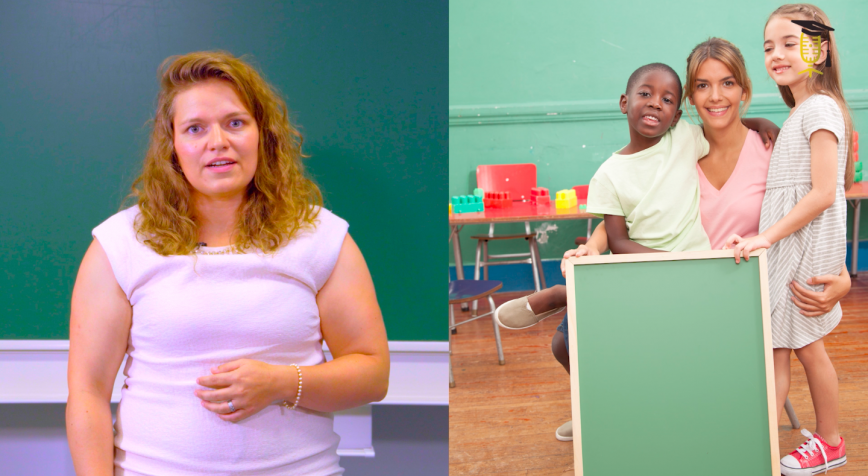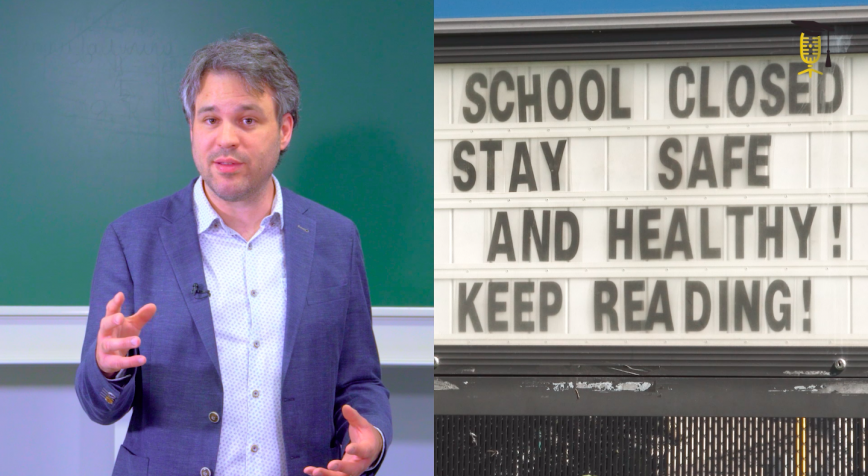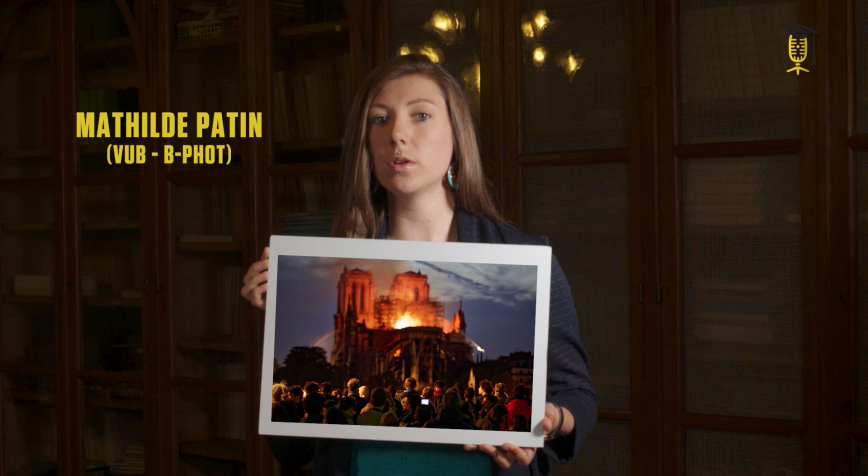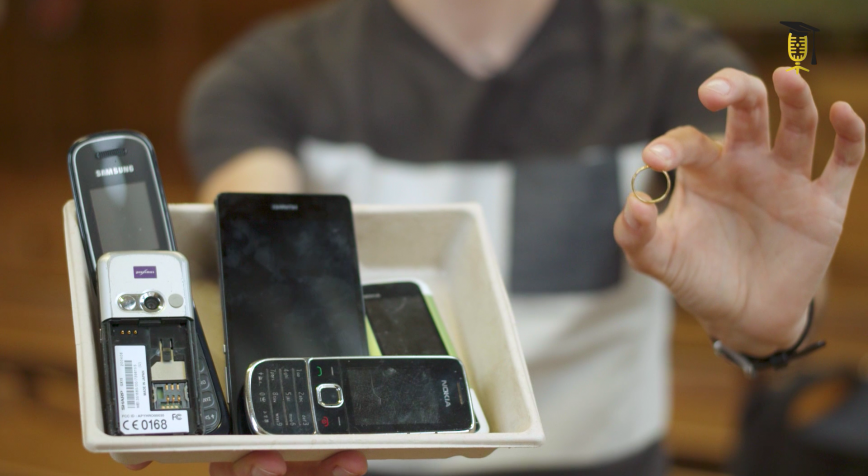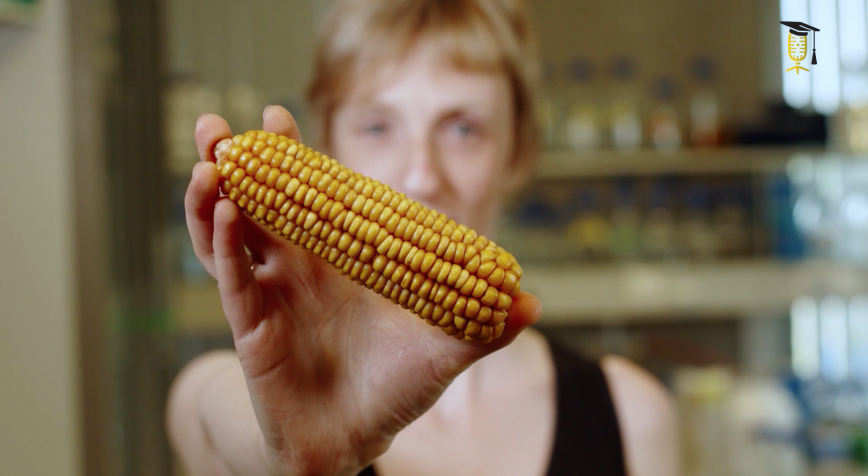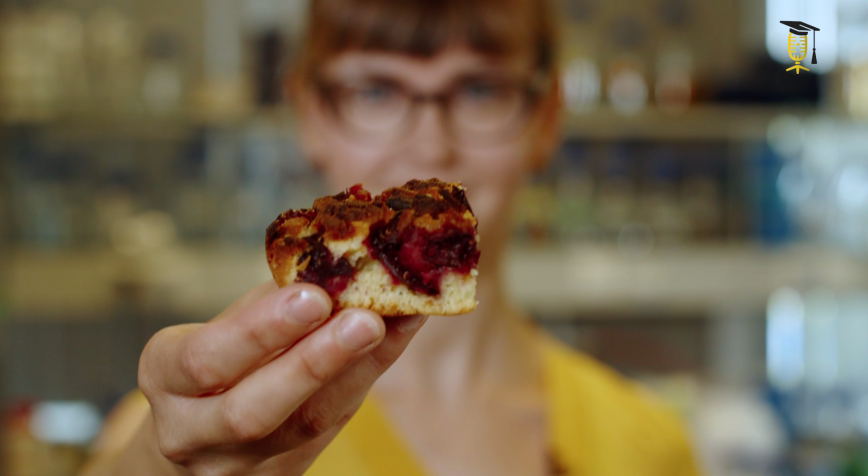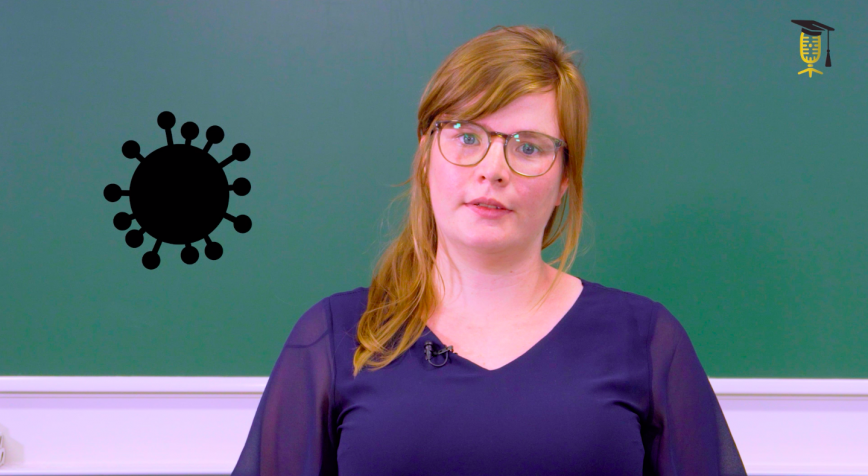
VUB
Viruses as allies in the fight against cancer
With the current corona pandemic, viruses are seen as more dangerous than ever. But did you know that some viruses can help us fight cancer? Jolien De Munck is studying the potential of these so-called 'oncolytic viruses'.
